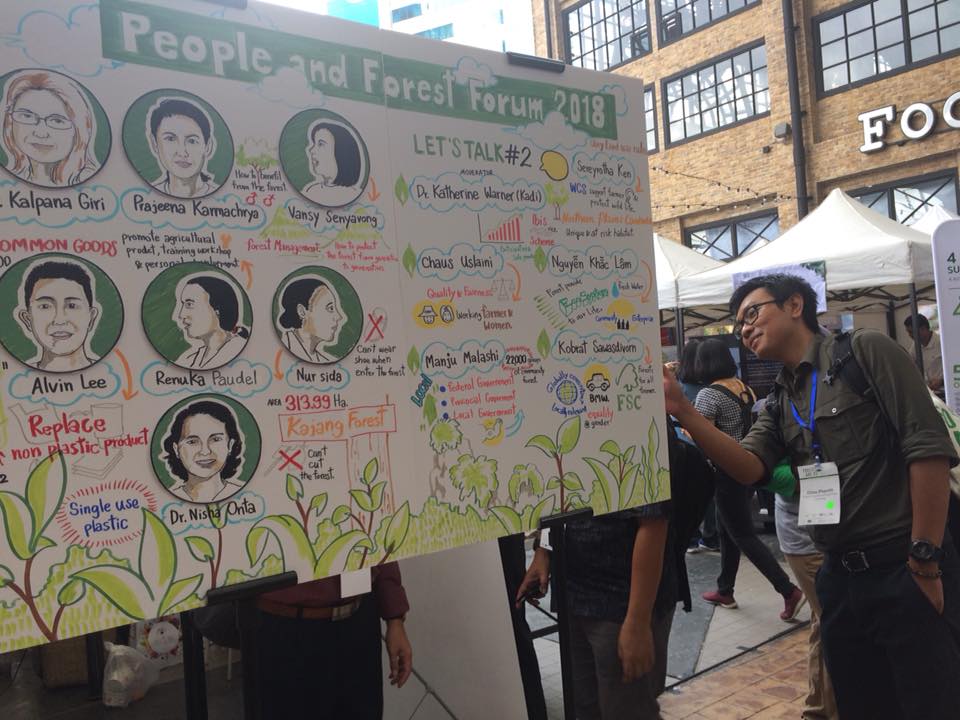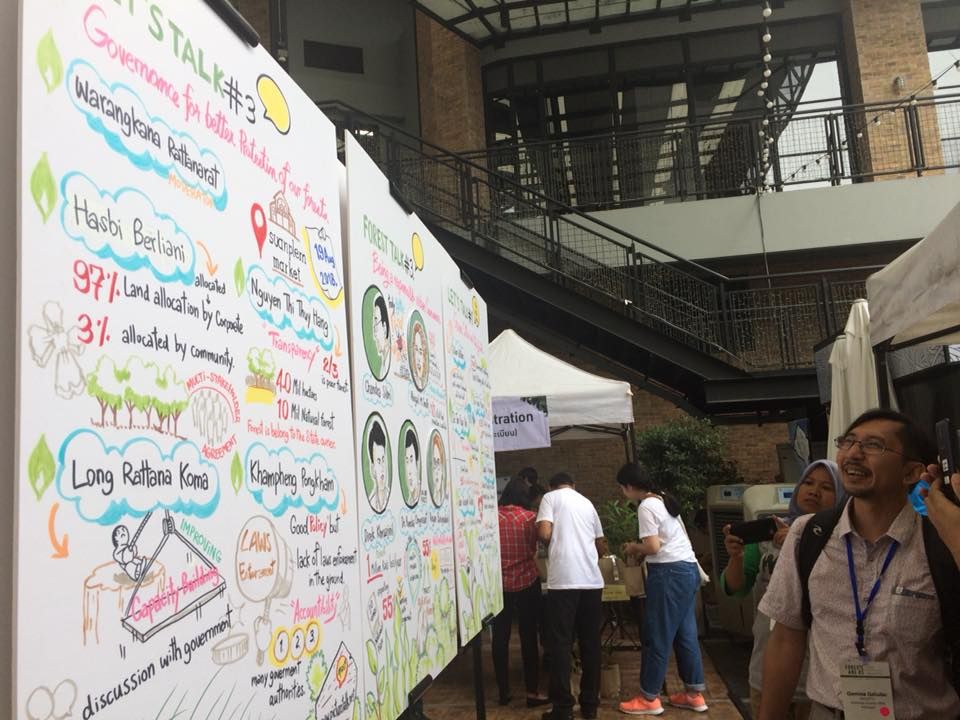Tucked away in the highlands of Hà Giang, the small…

Forest Governance Reforms Needed in the Region
Southeast Asian countries are being urged to incorporate forest governance into their policies in order to ensure the health of forested land and communities dependent on them.
Several experiences in the region have proved that the lack of principles concerning forest policies and management – from public participation to equality – have had an adverse impact on forests as well as on people’s livelihoods, especially the poor.
 For instance, Indonesia has allocated up to 97 per cent of forested land to private entities and only 3 per cent to communities, said Hasbi Berliani, a programme director for Kemitraan, a governance reform advocacy group in Indonesia.
For instance, Indonesia has allocated up to 97 per cent of forested land to private entities and only 3 per cent to communities, said Hasbi Berliani, a programme director for Kemitraan, a governance reform advocacy group in Indonesia.
He was sharing his insights with other panellists from Mekong countries at a forum over the weekend called “People and Good Governance = Better Forests!” This was part of the People and Forests Forum 2018 and organised by the Centre for People and Forests (RECOFTC). The aim of the forum was to share updated forest issues, with forest governance at the centre of it.
 In Vietnam natural forests belong to the state, the condition which restrains local people access to special-use and forest protection. At the same time, overlaps in land use rights occur in many protected areas, stimulating illegal logging and affecting land uses by local communities, a panellist from Vietnam’s PanNature said.
In Vietnam natural forests belong to the state, the condition which restrains local people access to special-use and forest protection. At the same time, overlaps in land use rights occur in many protected areas, stimulating illegal logging and affecting land uses by local communities, a panellist from Vietnam’s PanNature said.
Giving people tenure to the land is seen as a way to help secure people’s rights to the forests, and Pan has been working in Vietnam to influence the government’s policies by offering recommendations and new models such as co forest management for community forests.
 Apart from the equity issue, transparency, public participation, accountability and conflicting mandates as well as policies are just some of the problems related to forest governance that countries in the region are facing. Hence, panellists said all stakeholders at all levels must be allowed to participate and forest policies must be reformed.
Apart from the equity issue, transparency, public participation, accountability and conflicting mandates as well as policies are just some of the problems related to forest governance that countries in the region are facing. Hence, panellists said all stakeholders at all levels must be allowed to participate and forest policies must be reformed.
“It’s important to provide space to all stakeholders to conduct dialogues on forest issues … but its not just about coming together and talking. The process of public participation should be balanced. [What we need to think further] is how to ensure common understanding before reaching mutual agreement, and ensuring action on these agreements is conducted. After all, dialogues are not just dialogues. They are a continuous process to action,” Berliani said.



